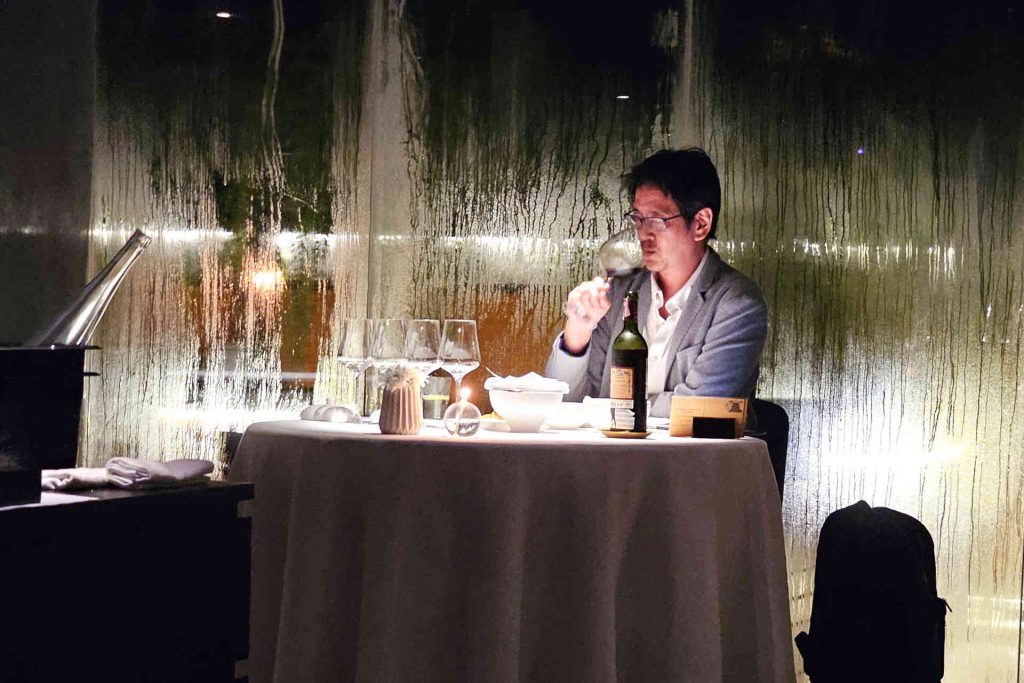
The food service market is changing rapidly and offers numerous new opportunities, but also challenges. Social structures and target group needs have changed dramatically. Germany is a strong country for single diners, who value a nice ambience and visit restaurants for the individual experience, and for older guests.
The Silver Society, i.e. older guests, attach particular importance to health, comfort and accessibility. Aspects such as pleasant acoustics and lighting, smaller portions, easy-to-read menus and even reading glasses are becoming increasingly important. Innovative approaches, such as the old is gold restaurants in Japan, show that traditional food and age-appropriate service could also have a future in Germany.
An important target group for the restaurant industry is the baby boomer generation. They have time and money, are often out and about with their families or grandchildren, and many are open to part-time jobs in the catering industry, whether out of boredom or for financial reasons. The baby boomers are the young old: usually quite fit, discerning, quality-conscious, well-informed, experienced travelers and quite willing to try out new and trendy things. Their lifestyle is oriented towards the younger generation in terms of clothing, sport and nutrition.
Gentrification, downsizing and changing working environments have forced many restaurants to reorient themselves on the market. The upper middle class in particular is struggling, while system catering businesses remain stable. Despite shorter opening hours and fewer top restaurants, there is potential in individualization: vegetarian, vegan or health-oriented concepts can appeal to new groups of guests.
At the same time, new target groups such as Generation Z and Alpha are shaping the market. As digital natives, they expect hybrid experiences in which digital and on-site services are seamlessly integrated. Guests with disabilities are also demanding tailor-made concepts, such as barrier-free restaurants or special menus for allergy sufferers. Vegetarian, vegan or health-oriented concepts can appeal to new groups of guests and offer potential for individualization. Entire families, across generations, enjoy the commonality of gastronomy.

There is a tension between digital progress and emotional hospitality that is redefining the restaurant industry. AI, automation, and data-based processes are changing not only workflows, but also attitudes, communication, and expectations. What was once considered a gimmick is now becoming a strategic necessity. And perhaps the most important question of our time: How can humans remain relevant in a world that is becoming increasingly digital?
Pizza is one of those dishes that everyone has an opinion about. Almost everyone thinks they understand it—and yet a surprising number of people fail at this culinary “common property”. In Vienna and beyond, Neapolitan pizzerias are now springing up everywhere, some excellent, others whose interest in good pizza comes to an abrupt end. As we all know, quantity does not equal quality. Or, to quote Martin Albrich from the First Vienna Pizza Association: Pizza is bread. And bread forgives nothing.


The food service market is changing rapidly and offers numerous new opportunities, but also challenges. Social structures and target group needs have changed dramatically. Germany is a strong country for single diners, who value a nice ambience and visit restaurants for the individual experience, and for older guests.